With Austria’s latest Covid lockdown due to begin at midnight, Viennese citizens were enjoying a final night of freedom. And then the shooting started. The temperature was warm for this time of year, and people were sitting at pavement tables outside the bars and cafes, enjoying the balmy weather and obeying the coronavirus guidelines.
Already a subscriber? Log in
Subscribe for just $2 a week
Try a month of The Spectator Australia absolutely free and without commitment. Not only that but – if you choose to continue – you’ll pay just $2 a week for your first year.
- Unlimited access to spectator.com.au and app
- The weekly edition on the Spectator Australia app
- Spectator podcasts and newsletters
- Full access to spectator.co.uk
Or

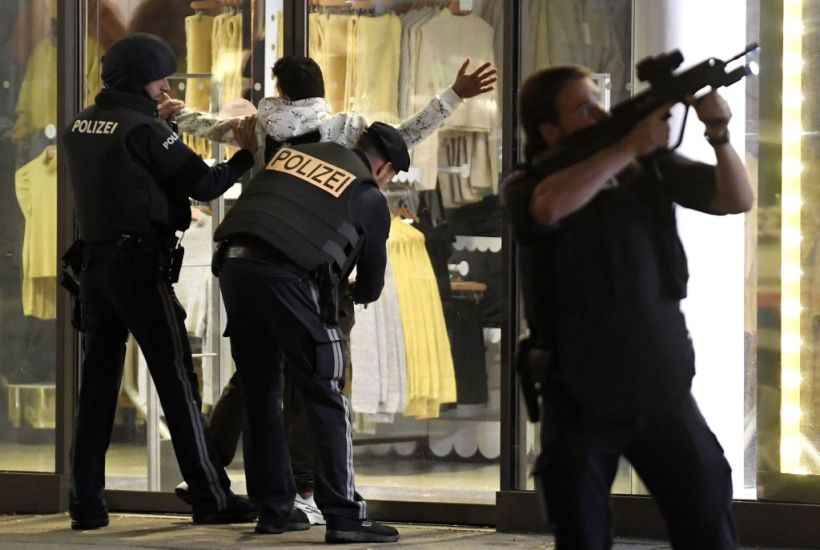

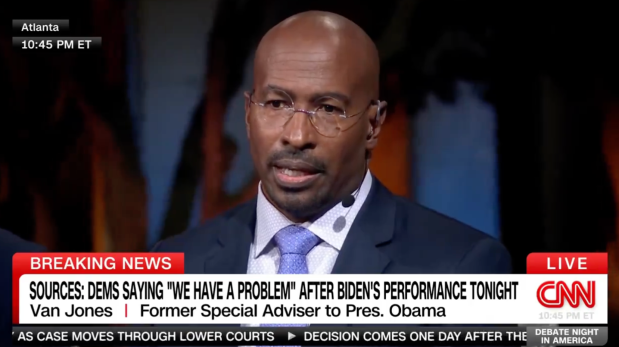
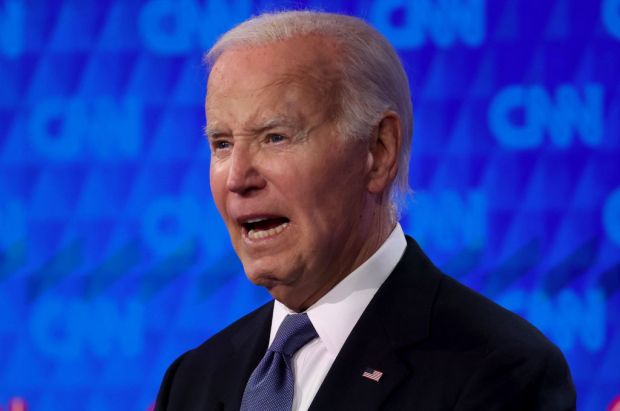
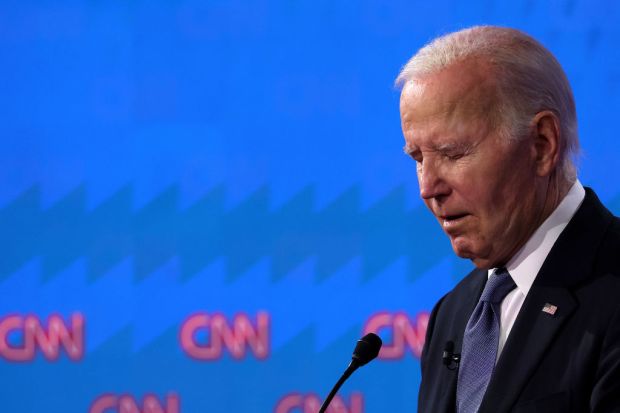
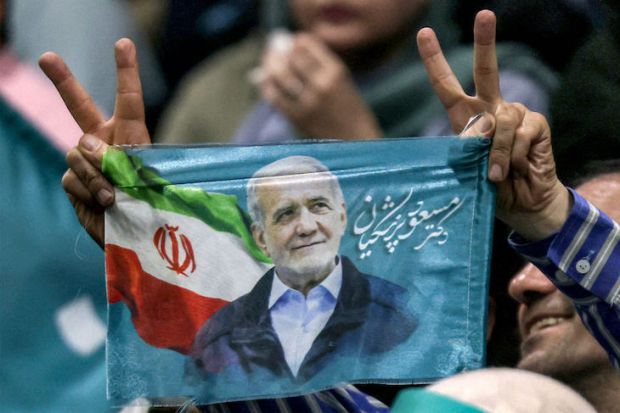
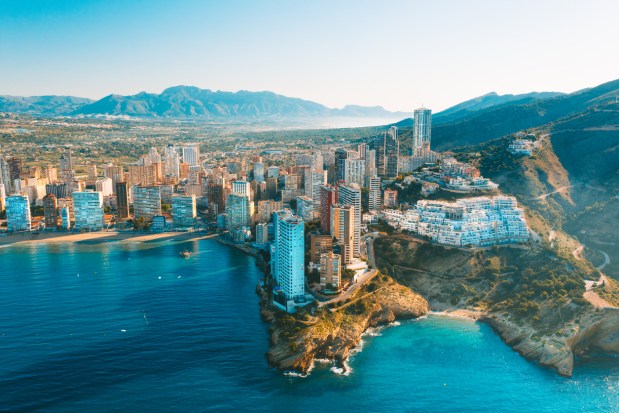












Comments
Don't miss out
Join the conversation with other Spectator Australia readers. Subscribe to leave a comment.
SUBSCRIBEAlready a subscriber? Log in